Latin America voices support for Cuba in face of US interference
Latin America’s leaders, political figures, and social organizations have joined a chorus of support for the Cuban government and people in response to the latest interference and destabilizing attempts by the United States.
Protest rallies erupted against Cuban President Miguel Diaz-Canel’s government over the weekend. The unrest comes at a time when Cuba is going through its worst economic crisis in 30 years, with chronic shortages of electricity and food exacerbated by hefty US sanctions.
Diaz-Canel on Monday blamed the chaotic situation on the United States for pursuing a “policy of economic suffocation to provoke social unrest in the country.”
The US has maintained a harsh economic, financial, and commercial embargo against Cuba for more than 60 years. Numerous resolutions by the United Nations General Assembly have indicated that the blockade is against international law.
Venezuelan President Nicolas Maduro expressed “all support” for Havana and the Cuban people on Monday.
“From here, from Venezuela, (we are) brothers in good times and bad, and Cuba will move forward,” he said on Monday.
Mexico’s President Andres Manuel Lopez Obrador also expressed solidarity with the Cuban people.
“I believe that a solution must be sought through dialog, without the use of force, without confrontation, without violence,” Obrador said. “It must be the Cubans who decide because Cuba is a free, independent, and sovereign country.”
Obrador urged the international community to respect the peaceful resolution of disputes and the principles of non-intervention and self-determination of peoples.
President of Colombia’s Commons Party Rodrigo Londono expressed support for the sovereignty of the Cuban people and the humanistic principles of their political project.
“We urge unity in defense of the [Cuban] Revolution. Cuba is dignity,” he said.
El Salvador’s Farabundo Marti Front for National Liberation (FMLN) denounced the so-called “SOS Cuba” campaign as one of manipulation.
A coordinated online campaign to spread anti-Cuban messages began on Twitter even before the protests broke out in the country. The campaign, with the hashtag #SOSCuba, started several days prior to the protests. Twitter, which has a history of arbitrarily shutting down Cuban government and media accounts, has so far refused to stop the campaign.
Accounts have also retweeted and amplified posts critical of Cuba and its leaders.
Argentine political scientist Atilio Boron said that the US sought to “provoke a social outbreak to overthrow the Revolutionary government [of Cuba].”
“Another crime against humanity. Maximum alert,” he said, adding that Cuba was not alone.
In a televised address on Monday, Diaz-Canel said the tightening of the US sanctions in recent years had led to a shortage in medicine, power outages, and other economic difficulties.
The social media campaign is reminiscent of many other regime change programs directed by the United States, including the 2019 coup d’état against Bolivian President Evo Morales and an attempted coup against President Maduro in Venezuela.
Bolivia’s then-president Morales was forced to resign two years ago under pressure from the country’s armed forces after the US-backed opposition there rejected election results. Morales said back then that his ouster was a “coup” and said there was evidence that Washington had orchestrated it.
And Venezuela has been in relative turmoil since 2009, when a low-profile opposition figure, Juan Guaido, declared himself president of the country and won immediate support from Washington. Elected President Maduro said earlier this month that US spy agency CIA and the American military had masterminded a plot to assassinate him.
More pro-Gaza rallies held across Yemen
'Hunger is everywhere in Gaza': UN food agency
Iran dismisses Arab League accusations, says wants stability in Syria
Syria's HTS militants seek ‘peace’ with Israel
VIDEO | Israel violations of ceasefire
Hamas: Israel’s raid on Kamal Adwan Hospital ‘war crime’
VIDEO | TELECOM 2024 brings together ICT firms in Iran
South Korea’s parliament impeaches acting President Han Duck-soo


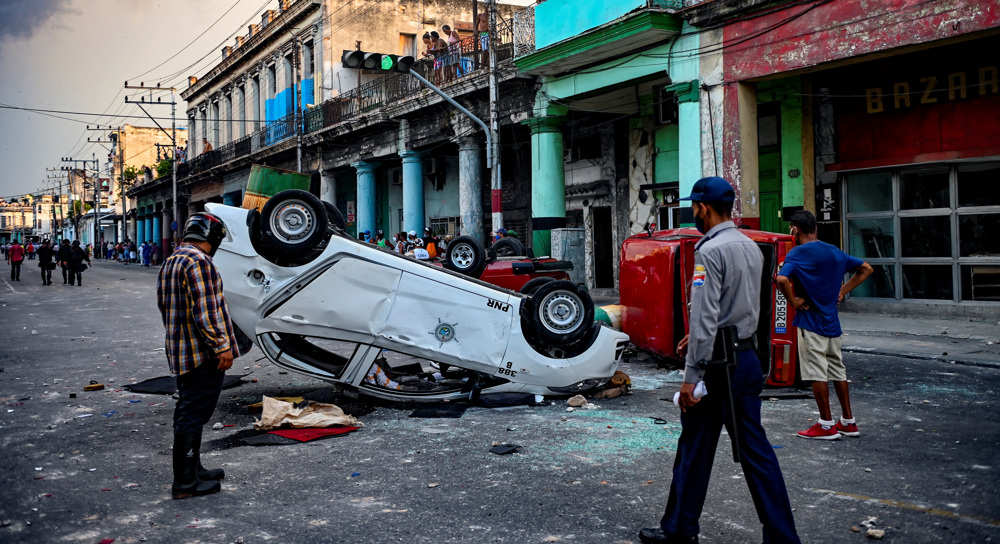
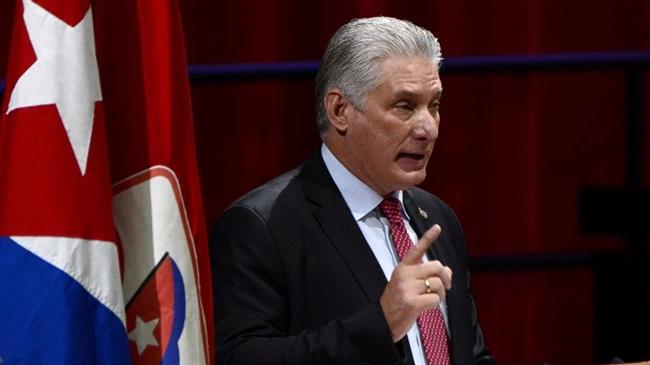
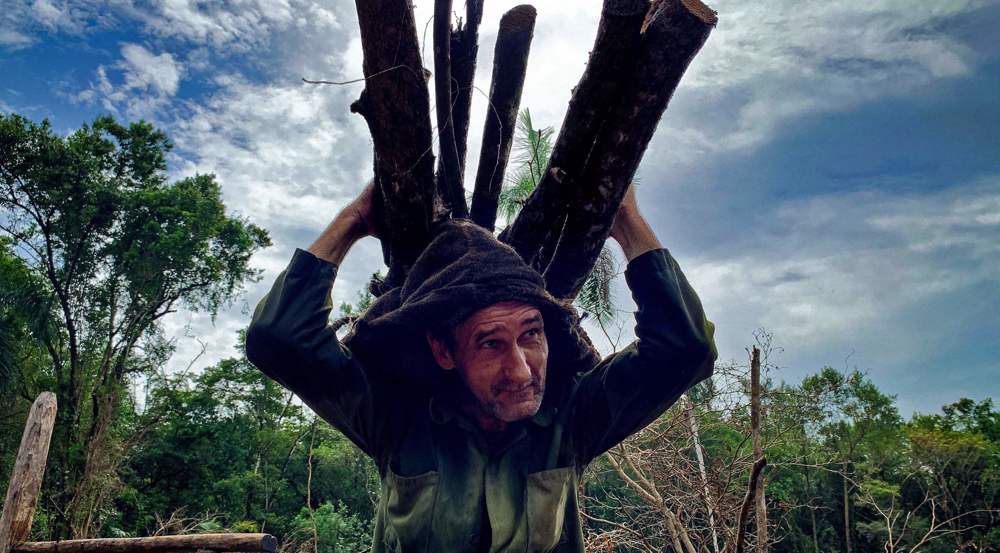
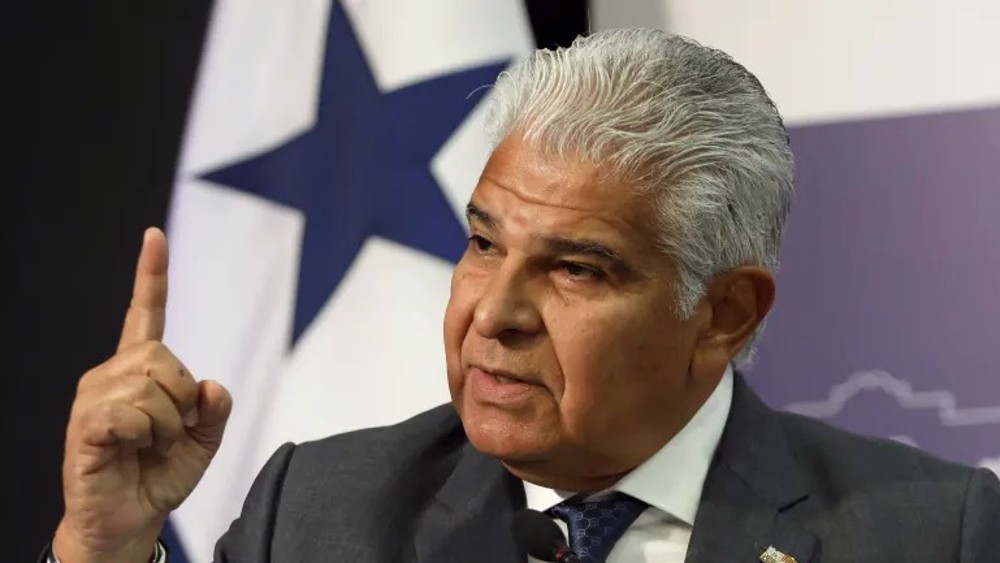
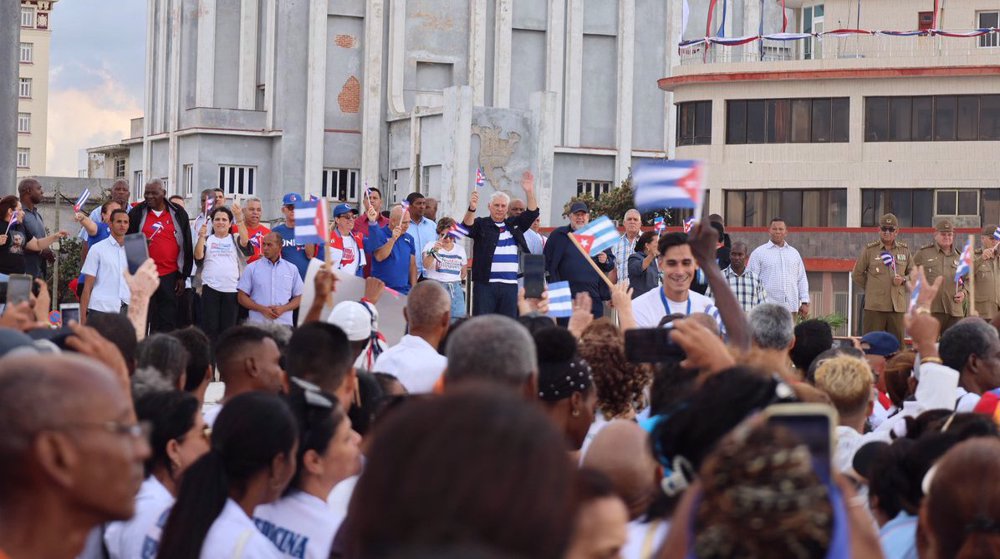




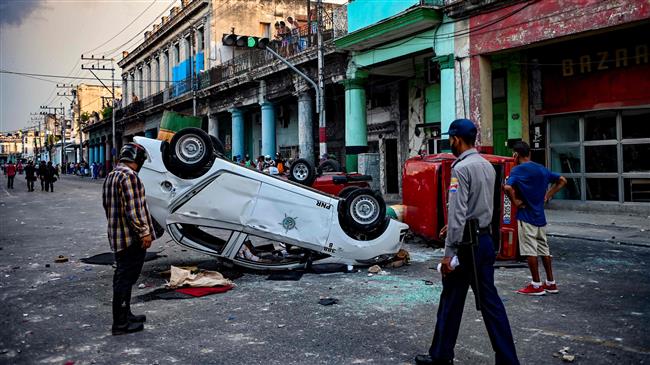
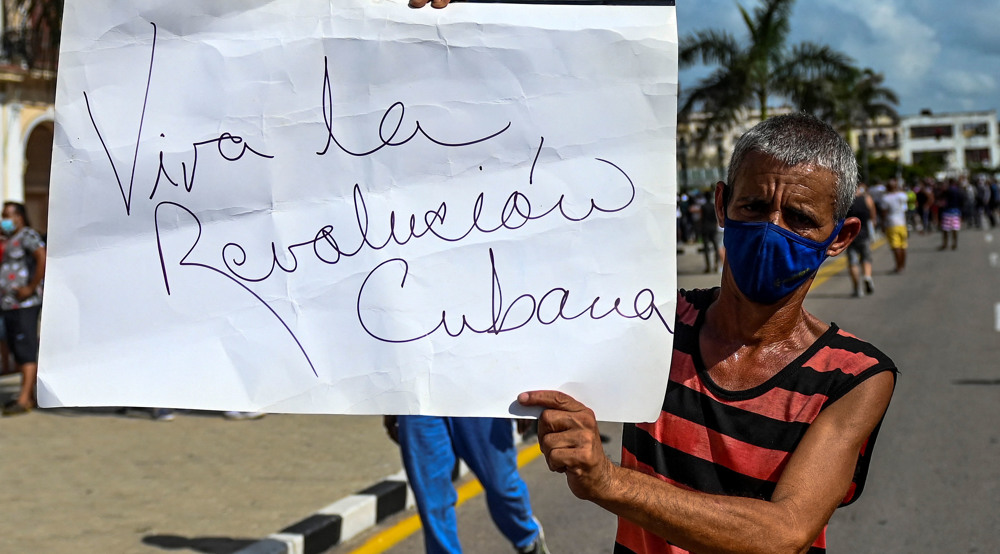

 This makes it easy to access the Press TV website
This makes it easy to access the Press TV website